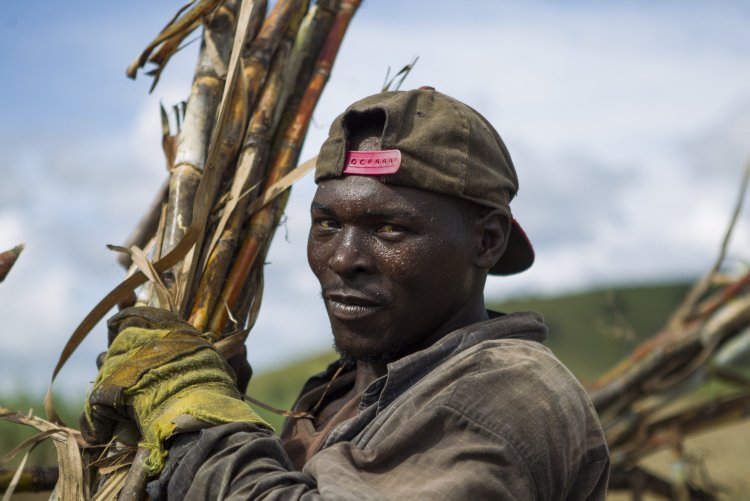Two and a half years after the outbreak of Covid-19, governments in Latin America and the Caribbean are still struggling to find a path to sustainable recovery. Furthermore, the scale of destruction caused by the pandemic has further reduced the regions’ ability to make progress on the 2030 Agenda, and in particular on SDG 8 on decent work and economic growth, which has been severely set back in the aftermath of this crisis.
The study highlights the warnings of the Economic Commission for Latin America and the Caribbean (ECLAC) against current government plans to undertake austerity measures. In a context where the structural sources of poverty and inequality are deeply rooted, ECLAC fears that such policies could create a structural economic regression, leading to an even greater dependence on the primary sector across the region.
The study includes two case studies: Brazil and the Dominican Republic. While the people of Brazil have been confronted with “probably the most irresponsible and criminal government responses to the pandemic in the region”, the Dominican government that was elected in September 2020 has engaged in social dialogue with its social partners to address the crisis. These two radically opposed approaches are reflected in the ITUC’s Global Monitor on SDG 8, which ranks the Dominican Republic as the third best country of the region in terms of progressing towards SDG 8, while Brazil appears in the 15th place out of 23. Moreover, theITUC Global Rights Index 2022 also ranks Brazil as one of the ten worst countries for workers in the world.
In its concluding chapter, the research also includes a series of policy recommendations to governments and donors of international cooperation, aimed at promoting a human-centered recovery and resilience aligned with SDG 8 in the region.


